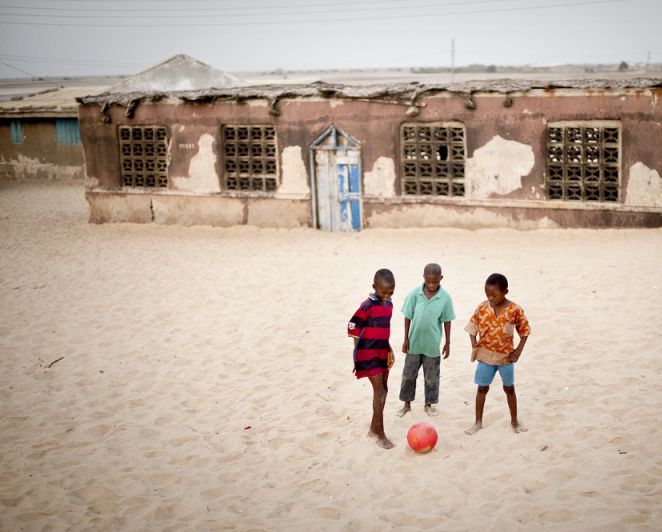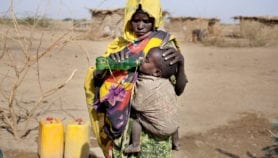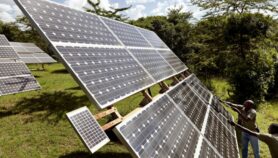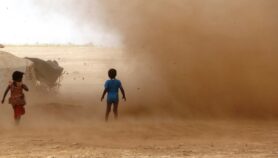Send to a friend
The details you provide on this page will not be used to send unsolicited email, and will not be sold to a 3rd party. See privacy policy.
[PORT LOUIS] A new education kit has been unveiled in Mauritius to help students learn about climate change adaptation and mitigation measures.
The Mauritius Institute of Education (MIE) launched the Climate Change Education Kit last month (1 September) and announced that it is targeting 258,000 primary and secondary school students who are six to 18 years old.
According to the MIE, the kit aims at informing and challenging the students to develop appropriate skills and qualities for adaptation and survival in fast-changing ecological and environmental trends.
“This climate change kit is a preparedness programme to help the kids get ready to face the issues of climate change.”
Keshwar Beeharry-Panray, Environment Protection and Conservation Organisation
Ravhee Bholah, the project coordinator and associate professor at MIE’s Science and Education Department, told SciDev.Net that production of the kit, which was funded by the government of Japan under the Africa Adaptation Programme, cost US$3 million.
It took the MIE a year writing, reviewing, discussing and validating the details with rectors and managers of primary and secondary schools.
The kit contains a range of curriculum resource materials including bookmarks, flyers, factsheets, comic strips, teachers’ manuals and 3D models and simulations that teachers are now using to educate students on climate change issues.
Each of the 320 primary and 176 secondary schools has received two copies of the kit and teachers are responsible for disseminating the information to students, who will then take it back home, according to Bholah.
A mobile graphic exhibition on climate change and disaster risk reduction, including low-cost models has been conceptualised to be used for sensitisation.
“A student should learn about climate change, how it impacts on the livelihoods of populations, how to adapt to it and how to mitigate its effects,” Bholah said. “For example, in the kit we say if there is a drought situation, plants will not grow, so what do we do? We should find drought-resistant plants.”
According to the Mauritius Meteorological Services, “the average temperature is rising at the rate of 0.15 degrees Celsius per decade and has risen by 0.74-1.2 degrees Celsius when compared to the 1961-90 long-term mean [temperature].”
Climate change expert Keshwar Beeharry-Panray, from the Mauritius-based Environment Protection and Conservation Organisation says the risks are real.
Beehary-Panray recalled that Mauritius experienced floods on 30 March 2013 in Port Louis, that killed ten people in only two hours and destroyed infrastructure.
“This can happen again, so we must be prepared,” Beeharry-Panray said.
This article has been produced by SciDev.Net's Sub-Saharan Africa desk.














